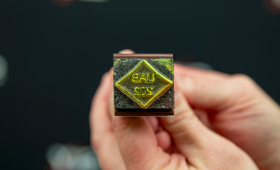NNSA announces the diamond stamping of the first production unit of a canned subassembly for the W80-4 Life Extension Program will be achieved 18 months ahead of schedule.
Science and Technology
in the News
Science and Technology
in the News
News Center
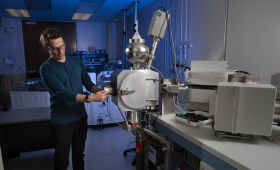
LLNL scientist and collaborators describe how meteorites tell the story of the early solar system.
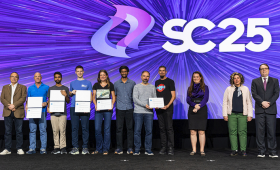
LLNL researchers were among those awarded the prestigious 2025 Association for Computing Machinery (ACM) Gordon Bell Prize for developing a real-time tsunami early-warning framework.
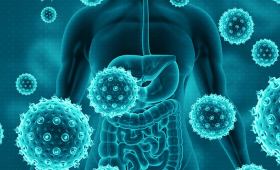
In a recent study, LLNL scientists and collaborators explain how long memory T cells live and persist in different parts of the body.
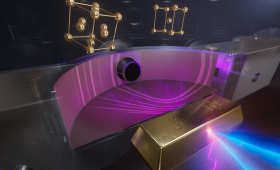
In a recent paper, LLNL researchers and collaborators conducted high-pressure experiments with gold.
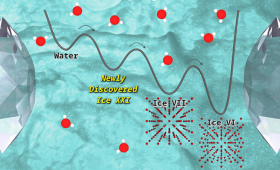
In a recent study, LLNL researchers explored how water freezes under extreme compression at room temperature.
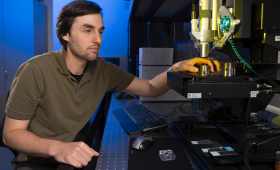
In a recent study, an LLNL postdoctoral researcher demonstrates a novel pathway for producing significant quantities of water on sub-Neptune-sized exoplanets.
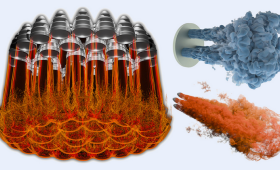
Researchers used LLNL's exascale supercomputer El Capitan to perform the largest fluid dynamics simulation ever.
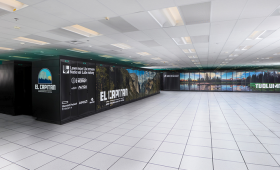
LLNL's El Capitan once again claimed the top spot on the Top500 List of the world’s most powerful supercomputers.
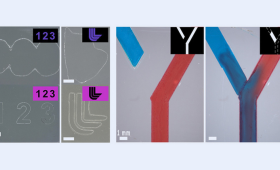
In a new study, LLNL researchers developed a hybrid additive and subtractive manufacturing system with a unique resin that enhances traditional 3D printing.


